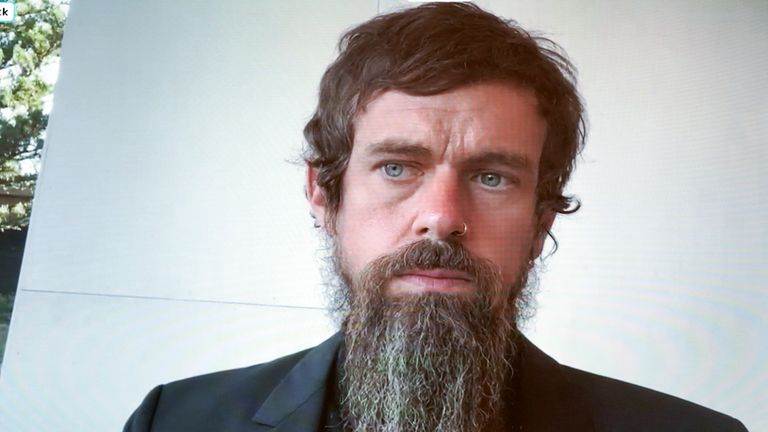Twitter, Facebook and Google have been warned their platforms face new restrictions after they were criticised by Republican senators for alleged anti-conservative bias.
Politicians from both US parties are looking to challenge legal protections for online speech granted to all three platforms.
The Trump administration has asked Congress to strip some of the protections that have generally shielded tech companies from legal responsibility for what people post on their platforms.
Senator Roger Wicker, chairman of the Senate Commerce, Science and Transportation Committee, said: “The time has come for that free pass to end.”
He added that laws governing online speech must be updated because “the openness and freedom of the internet are under attack”.
Mr Wicker cited moves earlier this month by Facebook and Twitter to block sharing of an unverified political story from the New York Post about Democratic presidential nominee Joe Biden.
The story claimed to present evidence that his son Hunter had introduced a Ukrainian businessman to his father when he was vice president.
The Biden election campaign has denied that a meeting alleged in the documents obtained by the New York Post ever took place.
Donald Trump and the Republicans have accused the social media platforms of deliberately suppressing conservative, religious and anti-abortion views. They have not provided evidence of this, however.
Both US parties say that immunity under Section 230 enables social media companies to abdicate responsibility to impartially moderate content.
Twitter’s Jack Dorsey, Facebook’s Mark Zuckerberg and Google‘s Sundar Pichai appeared before the committee via video link.
The Facebook chief executive acknowledged that the law should be updated “to make sure it’s working as intended”.
Mr Dorsey said: “Undermining Section 230 will result in far more removal of online speech and impose severe limitations on our collective ability to address harmful content and protect people online.”
Google chief executive Mr Pichai appealed for politicians to be “very thoughtful” about any changes, and “to be very aware of the consequences those changes might have on businesses and consumers”.
Republican senator Ted Cruz said Twitter’s move to block the Biden story was part of “a pattern of censorship and silencing Americans with whom Twitter disagrees”.
Social media platforms are also under scrutiny over their efforts to police misinformation about the US election.
Both Twitter and Facebook have used a misinformation label on content from the president, who has around 80 million followers.
This week, Facebook stopped accepting any new political advertising from Tuesday. Google will also halt political ads after the polls close and Twitter banned all political ads last year.
Democrats have criticised the sites over hate speech, misinformation and content that could incite violence, stop people from voting or spread falsehoods about coronavirus.





